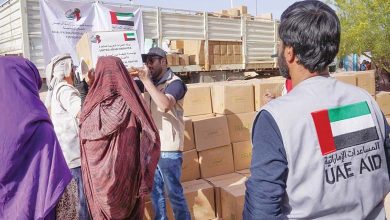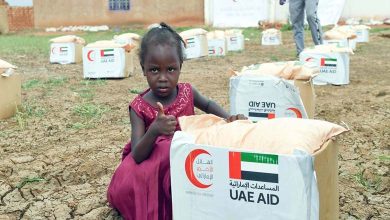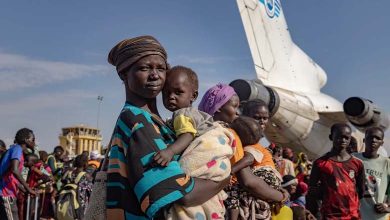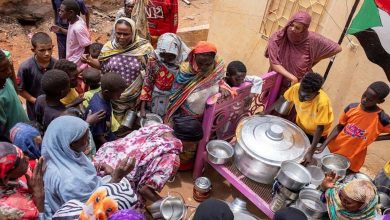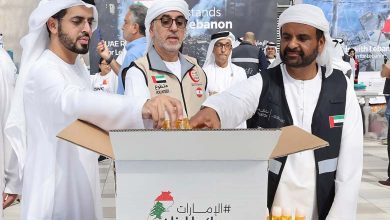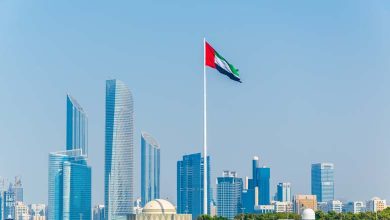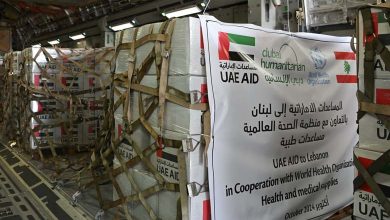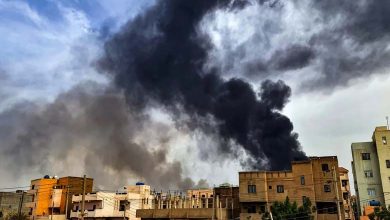Warning against the proliferation of armed Iranian militias in Sudan
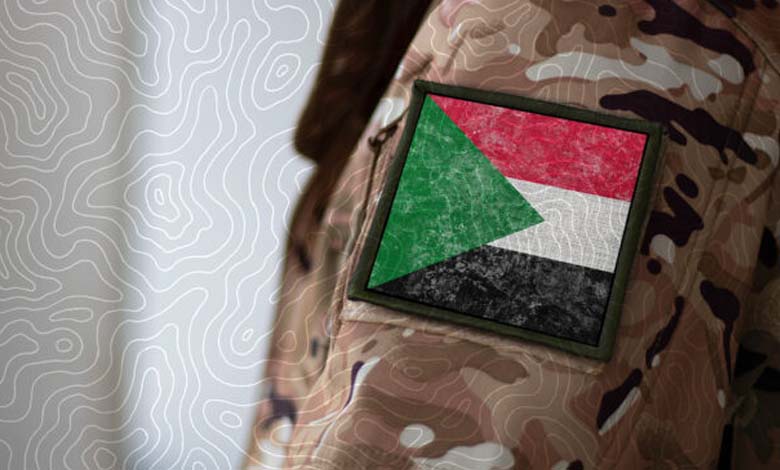
As the Sudanese army continues to arm “mobilized” civilians with weapons supplied by Iran to assist them in their war against the “Rapid Support Forces“, who are inadequately trained for combat, according to some reports.
Political analysts argue that no matter how many respond to the call, they will not be a substitute for professional forces and will not alter the military balance in favor of the army on the ground.
It is widely acknowledged that the Sudanese army is in desperate need of soldiers… to the extent that its leader, Abdul Fattah al-Burhan, has reiterated on multiple occasions his readiness to arm civilians and regulate their possession of weapons, regardless of their quantity.
In light of this, military campaigns have intensified to mobilize citizens for participation in the war, while the Rapid Support Forces expand territorially, achieving decisive military victories by controlling 6 states in the country, including the capital Khartoum, 4 states in Darfur, and the Jazeera state (in the central region), while other areas in the western part of the country remain threatened.
Political analyst Abdullah Rizq asserts that the civilian volunteers, dubbed “mobilized,” are akin to amateurs, unable to alter the course of battles and the balance of power on the ground, in comparison to the professional army forces that have undergone extensive training and possess long combat experience from previous wars.
Rizq adds, “Victory in war is not solely determined by numerical superiority… even if the mobilized numbers reached millions. They will not bring about the qualitative change based on combat experience, training, and the quality of weapons used.”
Soldiers and recruits in the Sudanese Army during a patrol in the city of Kassala on January 14th last year (AFP)
Rizq points out that despite the Sudanese army‘s significant military and combat capabilities, including its superiority in air power, armored vehicles, and heavy artillery over its adversary, it has failed to change the course of the war in its favor. This is because the nature of the “urban warfare” imposed by the Rapid Support Forces renders these weapons ineffective and their usage limited, fearing significant civilian casualties.
The political analyst believes that the army’s recruitment of civilians stems from its loss of infantry forces on the ground to confront the Rapid Support Forces in land battles and achieve military gains. He indicates that the army previously relied on “infantry fighters” by mobilizing militias, including the Rapid Support Forces currently fighting against it.
Rizq reveals that the army’s strategy is centered around defending its military positions, and the military situation in the field will not change in its favor except by transitioning to the offensive. In this case, the mobilized civilians can contribute to the war effort.
However, he recalls that the call for “civilian mobilization” was initiated by Islamists who ignited the war in the country and worked to sustain it, with the aim of becoming a major player in the political equation. He adds, “What’s strange is that elements of all factions and jihadist groups of Islamists trained in combat have fled the country.”
Soldiers from the Sudanese Army during a patrol in the Gedaref state in the eastern part of the country (AFP)
Rizq states that the call to mobilize civilians for war participation “has not found widespread acceptance. It is a completely isolated call from the citizens, as the predominant public opinion is in favor of ending the war.”
On the other hand, political analyst Maher Abu Al-Jawakh argues that the mobilized individuals are barely trained in handling and using weapons. However, they lack even the basic tactics of military operations, leading to significant casualties among them.
He believes that the idea of establishing militias outside the system and structure of official institutions, granting them independence due to the current war, repeats the experience of the Rapid Support Forces, which were formed by the state, supported, and now have become its enemy.
Abu Al-Jawakh indicates that mobilizing civilians under the slogan of “popular resistance” and mobilization is tantamount to forming an armed civil militia outside the control of the armed forces, and its danger manifests in the reaction if a political decision is made to end the war. Especially since the majority of these “mobilized” individuals belong to the former regime and may revolt against the army.
The political analyst warns of “serious consequences if armed groups are not directly integrated into the regular forces, becoming part of the army structure rather than outside it, and if they are directed and controlled by the hierarchical institution to prevent repeating past mistakes, as with the Rapid Support Forces.”
Abu Al-Jawakh states, “The army bears the responsibility for pushing these mobilized individuals into battle with minimal training, limited weapons, and basic capabilities in the heat of war, where they become the biggest victims.”


